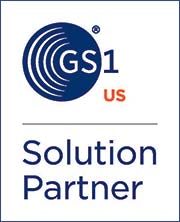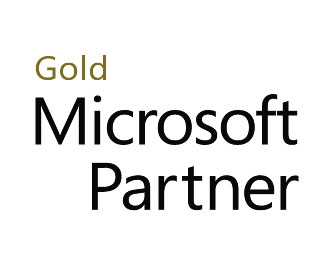At LOWRY, we understand that. Let us show you how it’s done.
Definition of a Tablet Computer
A tablet computer is a wireless, portable personal computer designed with mobility in mind. The tablet is typically between 7 and 12 inches, making the device smaller than a laptop computer, but larger than a smartphone. Although tablet computers have increased in popularity due to consumer grade devices such as the iPad, the original tablet computers date back to as early as 2001.
Although a tablet is a wireless computer, they offer many enhanced features that differ from traditional computers, including:
- Touch screen or pen input
- Network connectivity
- Wireless LAN
- Wide Area Network
Paper Based Forms
As tablets have increased in popularity in the consumer market, business professionals have looked for ways to incorporate tablet technology into their business practices in order to increase their efficiencies. A common yet ineffective business practice that many organizations are reliant on is paper based forms to capture business critical data.
Tablet Computer Based Forms
Tablet based forms provide users with a paperless data capture process. These forms have the capability to help enable end-users to capture data and securely integrate the data into enterprise database, document imaging, and/or other core systems. Tablet based form applications are typically available on all operating systems, allowing the user to have complete flexibility in their hardware selection.
Incorporating Data Collection
Due to the portable nature, and component of a tablet computer, many users have experienced the benefits of incorporating tablet based solutions into their data collection practices, more commonly referred to as AIDC. AIDC can be defined as automatically obtaining data, and entering that data directly into a business system with zero human involvement. Many end-users of forms have incorporated data collected into their electronic forms in order to automatically populate information into the form. This is beneficial because the mobile worker is granted instant information about the process, providing them with data that is essential to successfully and efficiently complete the task at hand.
Examples of Applications
Many businesses have already seen the benefit of implementing paperless form solutions utilizing tablet technology. Examples of these applications include, but are not limited to:
Field Service/Inspections: In this environment, tablet based forms improve the processes by taking advantage of today’s mobile computing platforms and wireless networks to coordinate between the database and the field with a seamless and easy-to-use interface. Workers often utilize these forms in order to successfully complete all task orders. In return, they are able to instantly provide their paperwork back to the office, which increases the data accuracy, billing time, and proof of service. Many members of this industry utilize enhanced features such as data collection (bar code), form logic, and picture features within the form.
Home Health Care: Point-of-care solutions are a key way home care agencies are making improvements in providing higher quality, evidence-based care. Automating paper processes helps agencies improve efficiency, meet legal and regulatory requirements, and provide high- quality care to an ever-increasing number of patients.
Public Safety: In this environment, tablet based forms improve the processes by helping make standard reports such as incident reports electronic. Police Officers are able to document evidence, and details about the report instantly so clear communication and essential proof such as the time and pictures of the evidence can be incorporated. They often take advantage of features such as bar code, voice recognition, hand writing interpretation GPS, picture, and video.
Medical E-Forms: In this application, users utilize an intuitive paper-like interface that eliminates the need for manual re-entry, improves accuracy and gives physicians and nurses more time to spend with patients. Integrating e-forms with EMR and HIS systems reduces costs, reassures patients, and allow administrators to quickly measure and improve the quality of care. These users often take advantage of features such as bar code, form logic, handwriting interpretation, and pictures.
About Lowry Solutions
Since 1974, Lowry Solutions has been implementing technology innovations nationwide, and with over 10,000 customers, it has established itself as a premier Enterprise Mobility and Auto-ID system integrator focused on barcode, RFID, biometrics, enterprise mobility, and asset management solutions. Lowry understands that each enterprise has its own specific issues and requirements, and that in order to provide best-in-class solutions to address these issues, a deep understanding of our clients’ unique business processes is a necessity. To us, success is rooted in our ability to enhance and grow our customer’s business.






